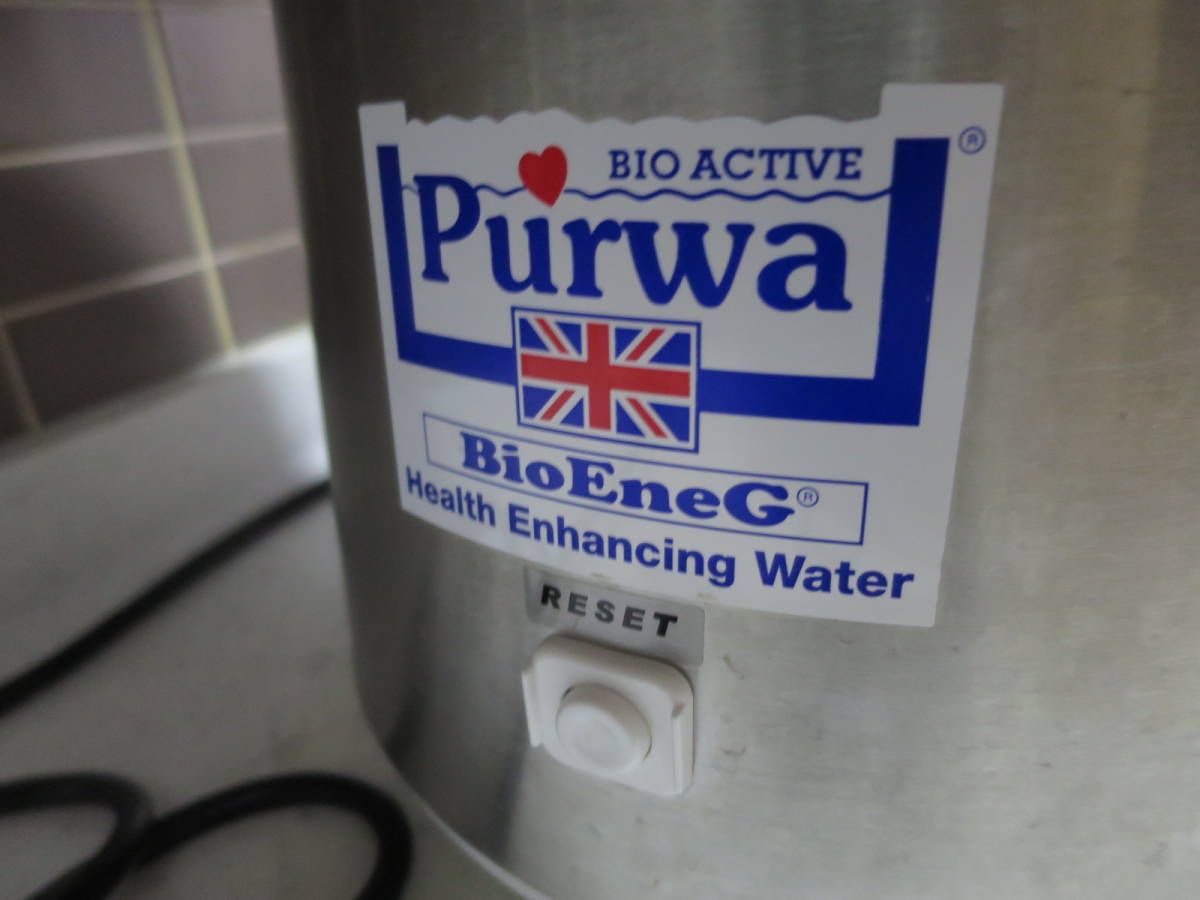Water Distiller: Purwa Water Distiller
After sharing with many people my concern on over-chlorination in our drinking water, quite a few people have asked me which water distiller I use. I use the Purwa Water Distiller. Firstly, what is distillation? Distillation is nature’s way of cleaning water. Water evaporates from the earth’s surface after rain, leaving impurities behind, and re-condenses into clouds to produce rain. Distillation process replicates this same mechanism. “Distillation is a water purification process that uses a heat source to vaporize water and separate it from contaminants and other undesirable elements commonly found in ground and surface water. Distillation heats raw (untreated) water until the water reaches its boiling point and begins to vaporize. The heat is then kept at a constant temperature to maintain water vaporization while prohibiting other undesirable elements from vaporizing. Water has a lower boiling point than salt and other mineral sediments. This process also separates the water molecules from microscopic, disease-causing organisms. Once all of the water has vaporized, the vapor is led into a condenser, where, upon cooling, the water reverts …
